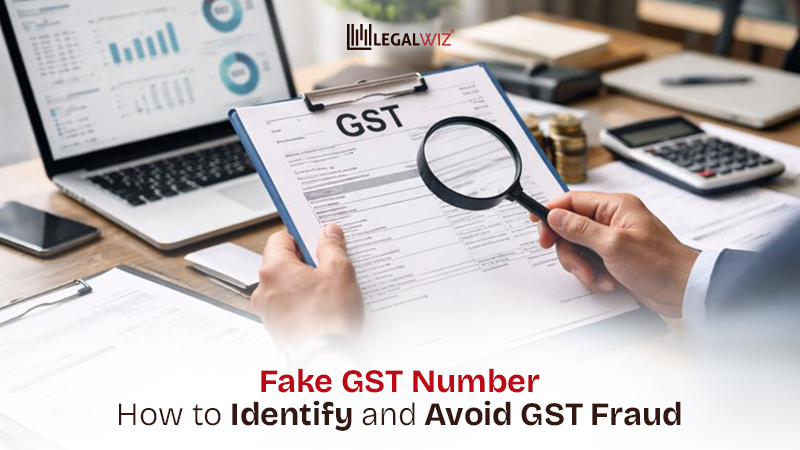Is an audit a mandatory requirement for your business?
For stakeholders such as government, investors, customers and shareholders it is necessary to ensure if the person is following the rules specified under various laws. Hence the government has introduced the concept of Audit. Mainly it is for the benefit of the investors.
What is Auditing?
An audit includes checking of financial records, books of accounts, registers in accordance with applicable laws. The tax audit is carried on by the Auditor- Chartered Accountant in Practice. It is to check the accuracy of the financial statements. It is one of the important compliances at the end of every financial year.
The due date to submit the tax audit report is 30th September of the Assessment year.
Following persons are required to audit their accounts.
Proprietorship and Partnership Firm
- A tax audit is mandatory for both proprietorship and partnership firms if the turnover or gross receipts in a financial year exceeds Rs. 1 crore
- In case of a professional income, the audit is mandatory if gross receipts in a financial year exceed Rs. 50 lakhs
- If such person is opting for the Presumptive Taxation Scheme then if a person declares taxable income below the limits prescribed under the presumptive tax scheme and has income exceeding the basic threshold limit
Limited Liability Partnership
- According to the LLP Act, whose turnover exceeds Rs. 40 Lakh or whose contribution exceeds Rs. 25 Lakh have to compulsorily audit its books of accounts
- According to the Income Tax Act, every business whose turnover or gross receipts in a financial year exceeds Rs. 1 crore is liable for a tax audit
- If the Partners of the LLP want to get their books of accounts audited voluntarily then it must be done in accordance with the rule
- LLP cannot opt for Presumptive Taxation Scheme
Company
- Under Companies Act, it is mandatory for every company to audit its books of accounts
Consequences
If any person fails to audit its books of account, it is liable for a penalty of 0.5% of total sales, turnover or gross receipts or Rs 1, 50,000 whichever is lower except for any reasonable cause.
Other types of Audit
GST Audit
It is done to verify the records maintained by the registered person. Further, it is to check whether the due tax has been paid and whether the refund has been claimed correctly or not.
It is applicable to following registered persons.
- If turnover exceeds Rs. 2 Crore in a financial year
- The GST department may pass an order for conducting GST Audit
Cost Audit
It is applicable to every company specified in Table (A) of rule 3 (Regulated Sectors)
- If total annual turnover from all products and services
- In the immediately preceding F.Y
- Is Rs. 50 crore or more, and
- Aggregate turnover of individual product/s or service/s for which cost records are required to be maintained
- Is Rs. 25 crore or more
Further, it is applicable to every company specified in Table (B) of rule 3 (Non-regulated Sectors)
- If total annual turnover from all its products and services
- In the immediately preceding F.Y
- Is Rs. 100 crore or more, and
- Aggregate turnover of the individual product/s or service/s for which cost records are required to be maintained
- Is Rs. 35 crore or more
Exemptions:
The requirement of Cost Audit is not applicable to the following companies:
- Whose revenue from exports in foreign exchange is more than 75% of its total revenue
- A Company operating from a Special Economic Zone
- A Company engaged in the generation of electricity for captive consumption through Captive Generating Plant
Secretarial Audit
Every company has to follow various laws and regulations. The Secretarial audit is for checking whether such companies have complied with all the applicable laws and rules. The secretarial audit is carried on by a Company Secretary in Practice.
It is applicable to the following companies.
- Listed Company
- Public Company if the paid-up share capital is Rs. 50 Crore or more
- Public Company if its turnover is of Rs. 250 Crore or more
- Every Private company which is a subsidiary of a public company as mentioned above
Every taxpayer who is liable for the audit has to comply with the requirements of the audit to avoid penalties. One should comply with other types of audits also according to its applicability.

CS Shivani Vyas
Shivani is a Company Secretary at Legalwiz.in with an endowment towards content writing. She has proficiency in the stream of Company Law and IPR. In addition to that she holds degree of bachelors of Law and Masters of commerce.







